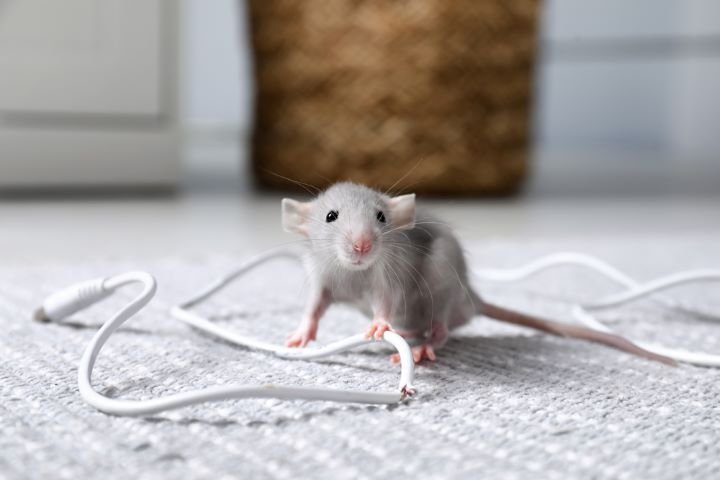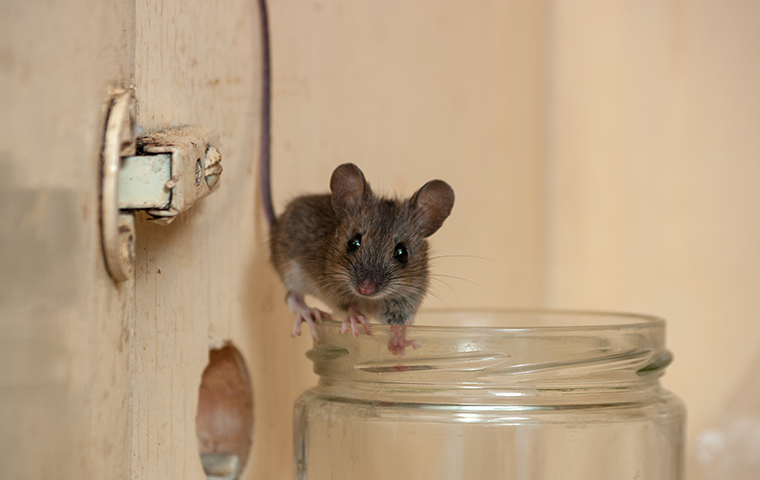Nothing can disrupt the serenity of a home like the sudden appearance of pests in the kitchen. From cockroaches to ants and flies, these unwelcome guests can invade even the tidiest of households. With our guide on how to keep bugs out of the kitchen, youll discover effective strategies to maintain a pest-free environment and ensure that your cooking space remains hygienic and inviting.
For more pest-prevention tips, explore our comprehensive Home Pest Prevention Checklist and learn how to fortify your defenses against unwanted visitors.

Understanding the Attraction: Why Bugs Love Kitchens
The first step in kitchen pest prevention is understanding why insects are attracted to this particular space in your home. The kitchen is a hub of warmth, moisture, and food scrapsmaking it a haven for pests. Spilled crumbs, sticky residues, and even the tiniest amounts of moisture can attract bugs like ants, cockroaches, and fruit flies.
Consider these insights from the article on attractors for pests.
Keeping Clean: The Foundation of Bug Prevention
A clean kitchen is the cornerstone of an effective pest control strategy. Regularly cleaning surfaces, including countertops, appliances, and floors, can significantly reduce the likelihood of attracting bugs. Pay extra attention to areas that might harbor crumbs or spills.
Remember to tackle cleaning tasks regularly as suggested in these cleaning tips.
Seal and Secure: Preventing Entry
Bugs often find entry points into kitchens through cracks, crevices, and open windows. To prevent pests from entering, focus on sealing off these potential gateways. Use caulking to close gaps in walls, window frames, and around pipes. Installing weather stripping on doors can also act as a barrier against pesky intruders.
These recommendations echo strategies shared in our article on pest prevention in apartments, which highlights common entry points in urban settings.
Smart Storage: Safeguarding Food
A primary reason bugs flock to kitchens is easy access to food. Store food in airtight containers to prevent insects from finding their way into your pantry supplies. This includes cereals, grains, spices, and snacks. The more secure your food storage, the less attractive your kitchen will be to pests.
For more on effective storage solutions, visit our guidance on smart storage techniques.
Natural Repellents: Eco-Friendly Solutions
When it comes to pest control, using natural repellents can be just as effective as chemical alternatives while being safer for your family and the environment. Essential oils like peppermint, eucalyptus, and tea tree oil can deter insects. Simply mix a few drops with water in a spray bottle and apply it to potential entry points and high-traffic areas.
Empower your pest control efforts with insights from effective natural methods.
Professional Help: When to Call in the Experts
Sometimes despite your best efforts, pest problems can become overwhelming. In such cases, consulting with a professional pest control service may be necessary. Experts can identify the type of infestation and provide targeted treatments to eradicate the issue safely and effectively.
For those considering professional services, our article on mouse traps may provide a beneficial starting point.
Conclusion
By following these comprehensive strategies on how to keep bugs out of the kitchen, you can create a space that is less inviting to pests. Consistent cleaning, vigilant storage, and the use of natural repellents can make a significant difference. Equip yourself with the knowledge and tools to enjoy a kitchen that is bug-free and a joy to cook in.

FAQ Section
What are easy DIY pest control methods for the kitchen?
Regular cleaning, sealing entry points, and using natural repellents are effective DIY methods for controlling pests.
Which natural repellents are effective against kitchen bugs?
Essential oils, such as peppermint, eucalyptus, and tea tree oil, mixed with water, make excellent natural repellents.
When should I consider calling a professional pest control service?
If the pest issue becomes unmanageable despite your efforts, consulting a professional for targeted eradication is advisable.
This article contains affiliate links. We may earn a commission at no extra cost to you.
